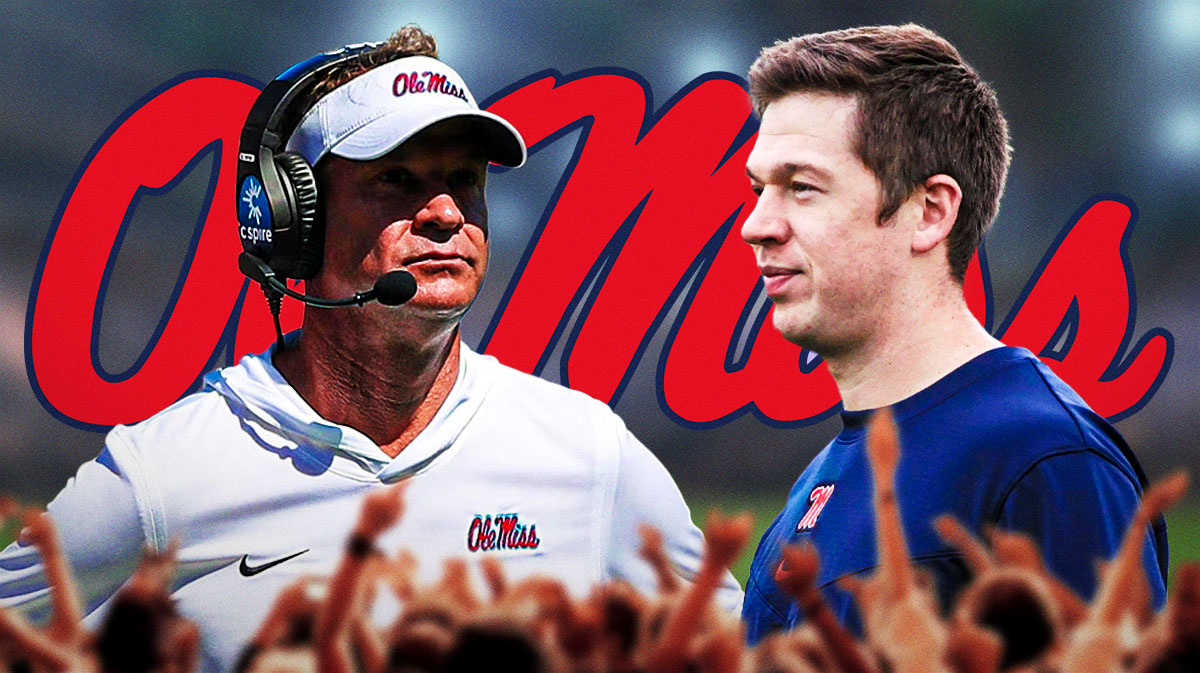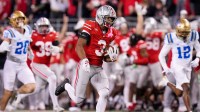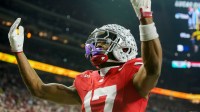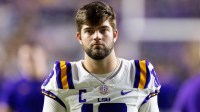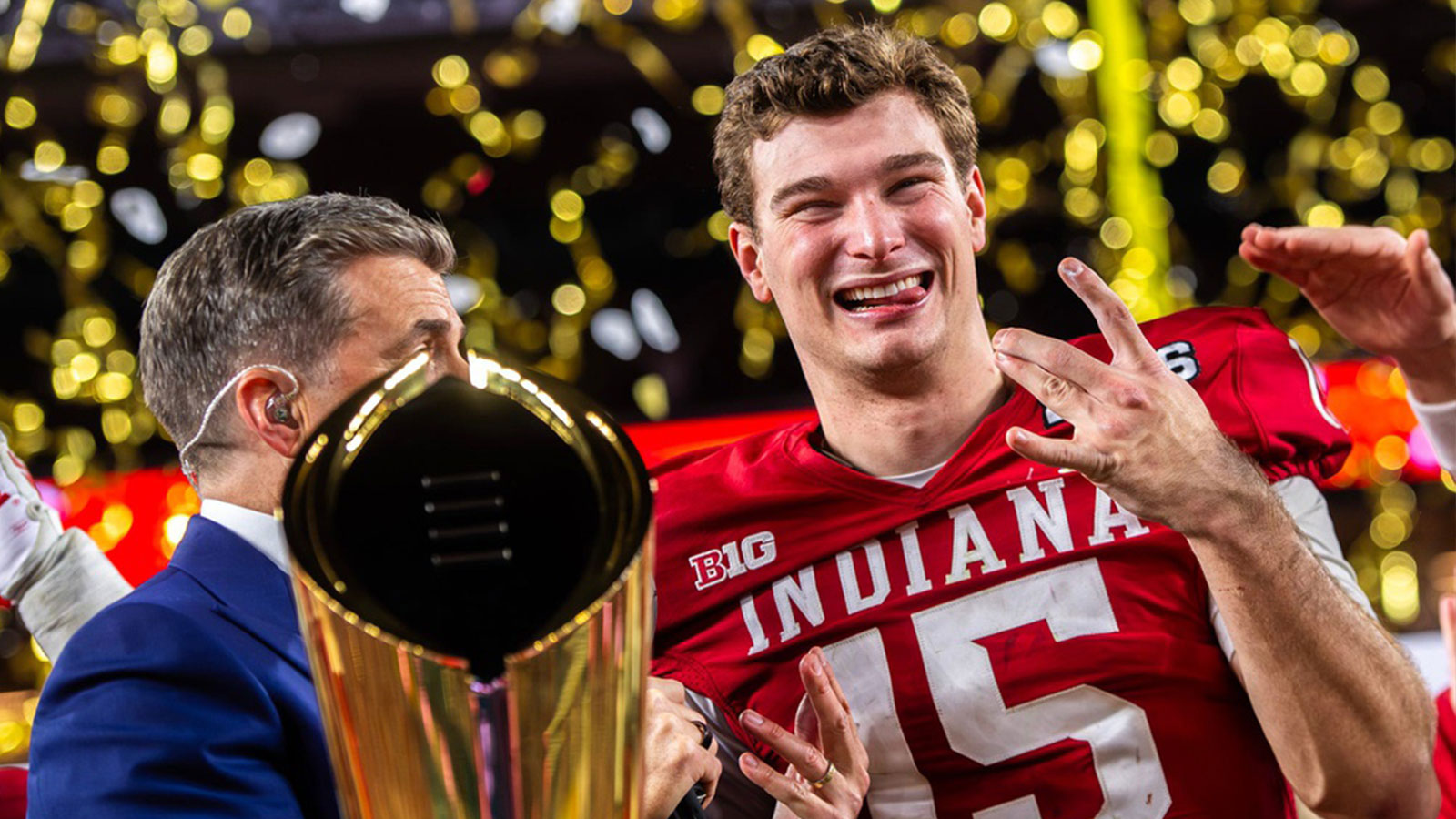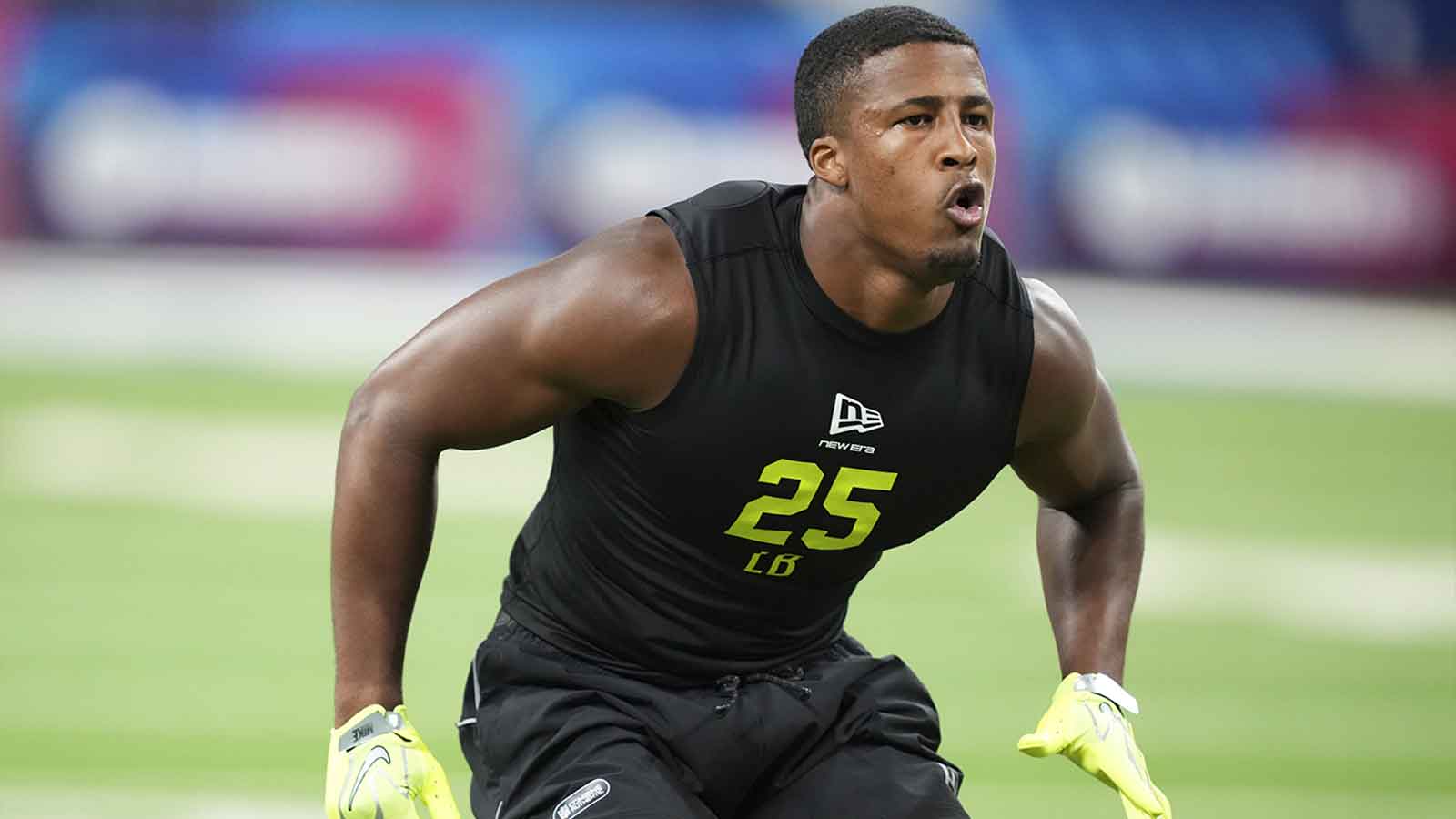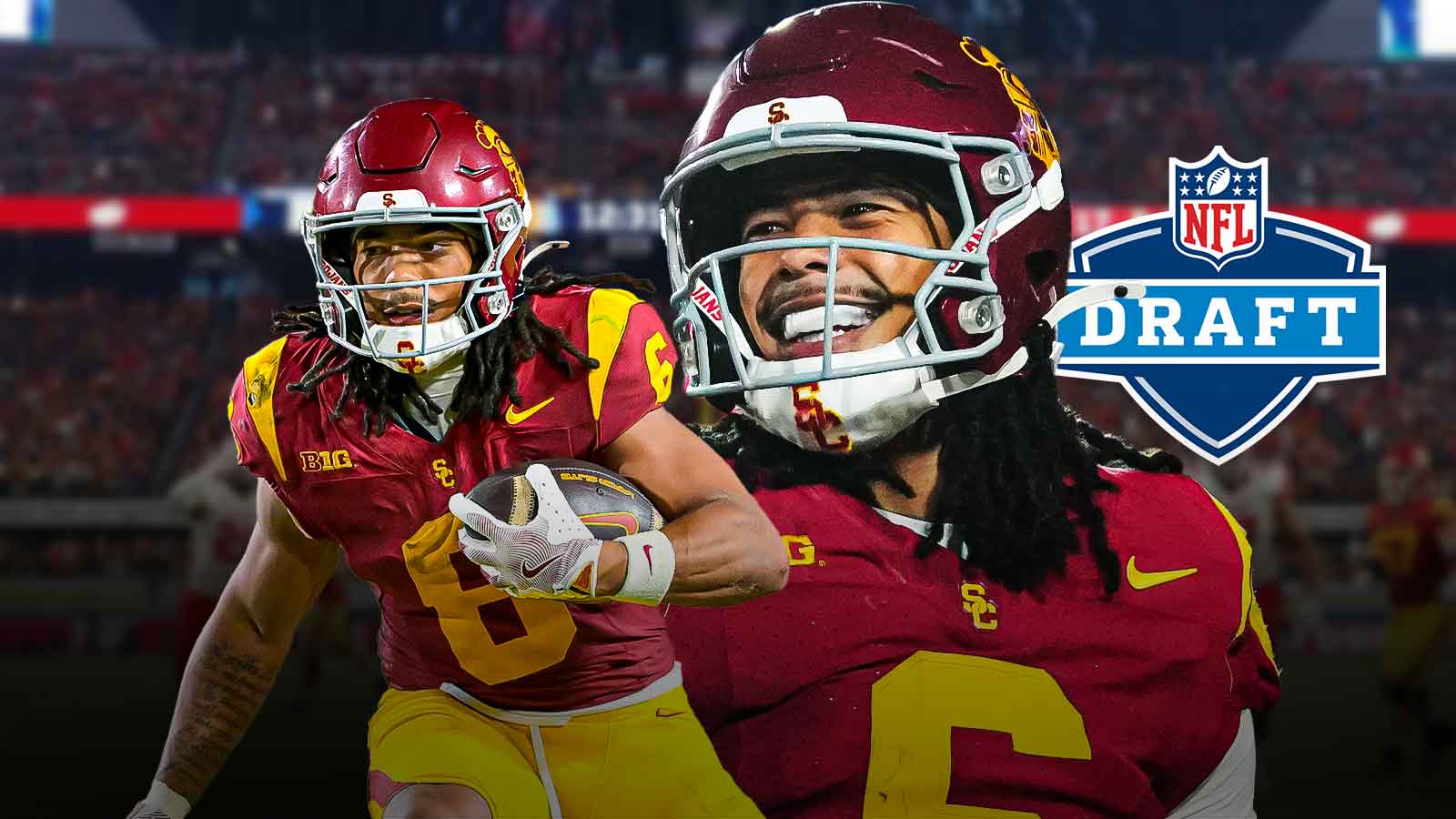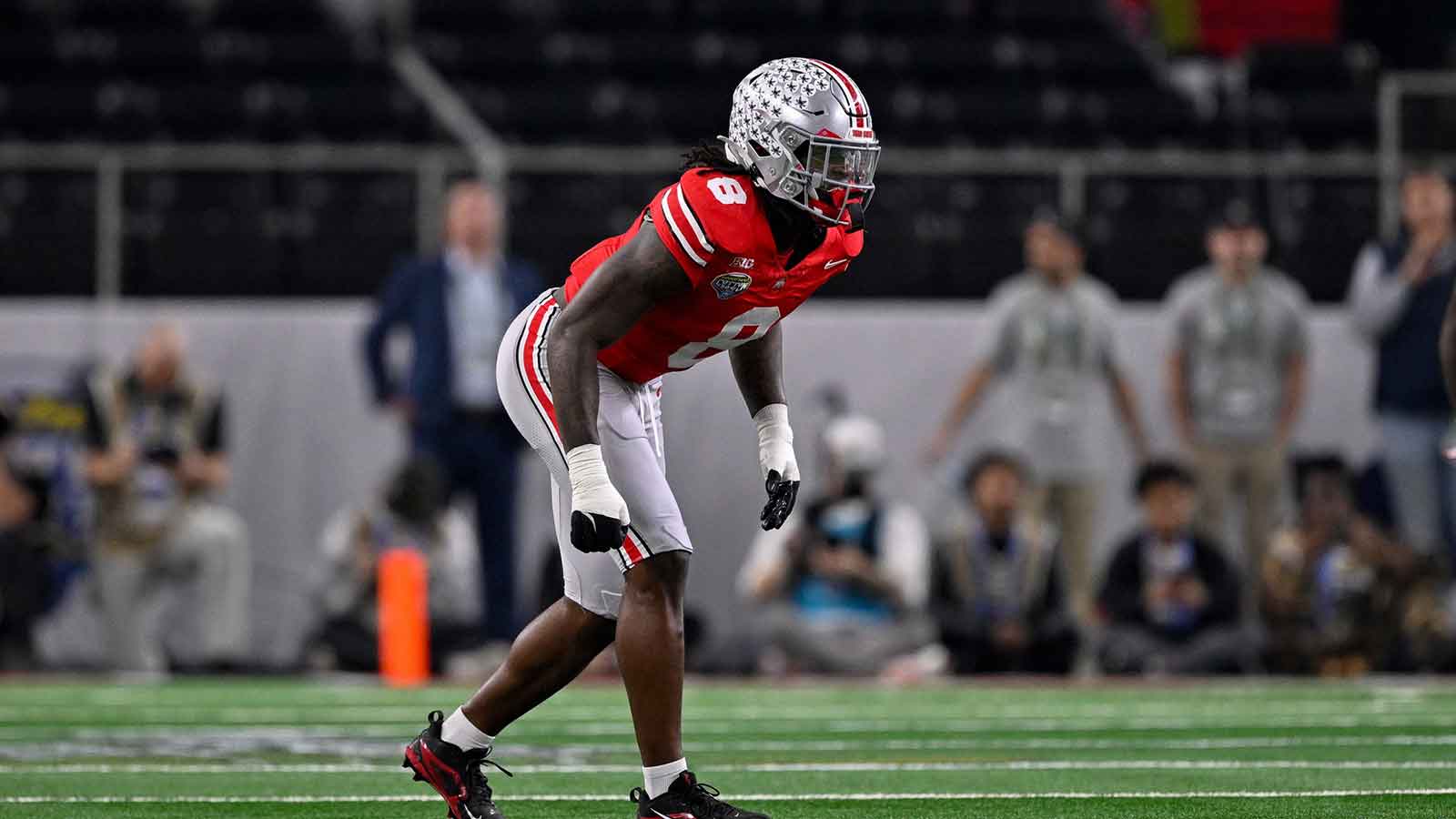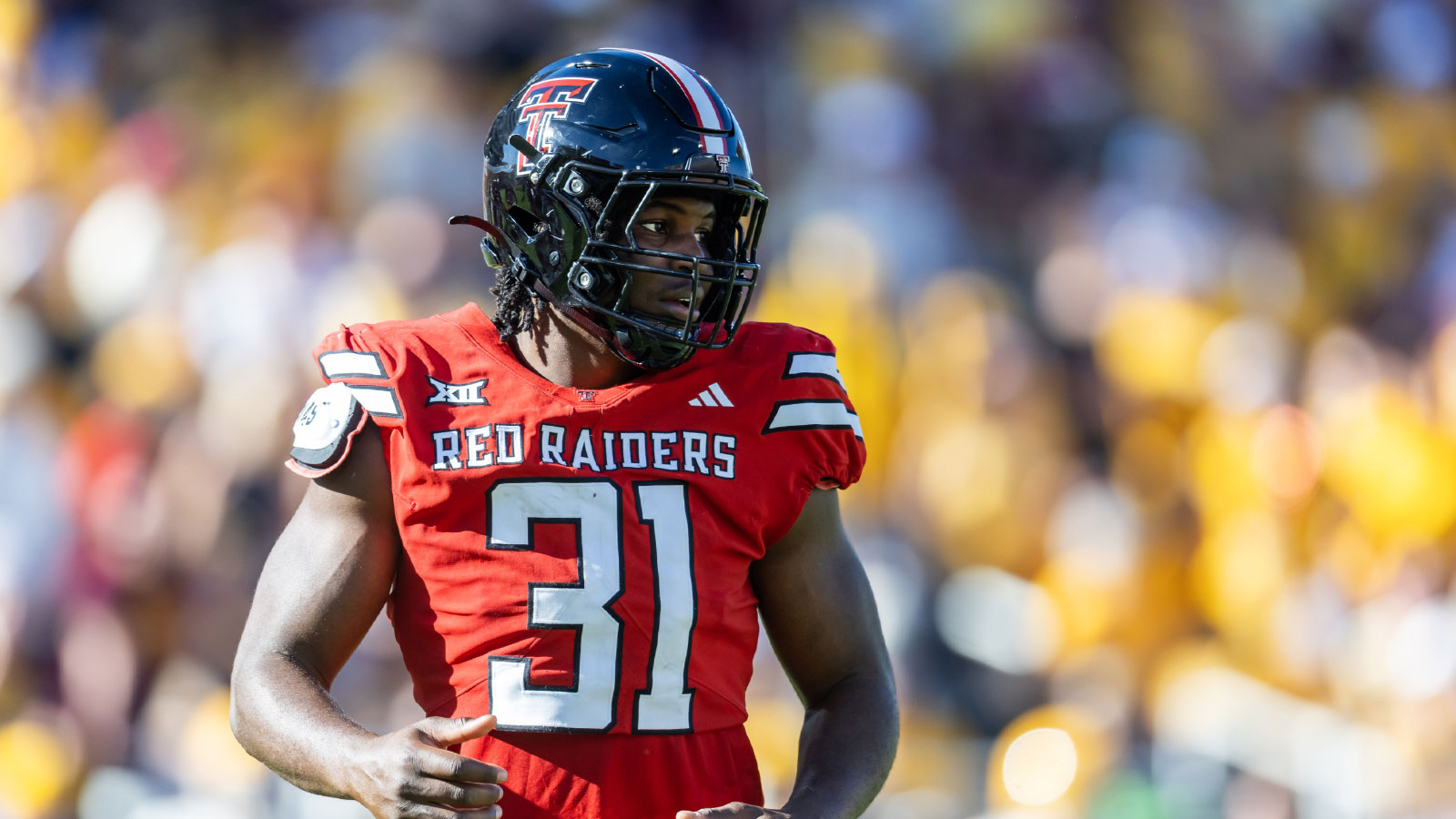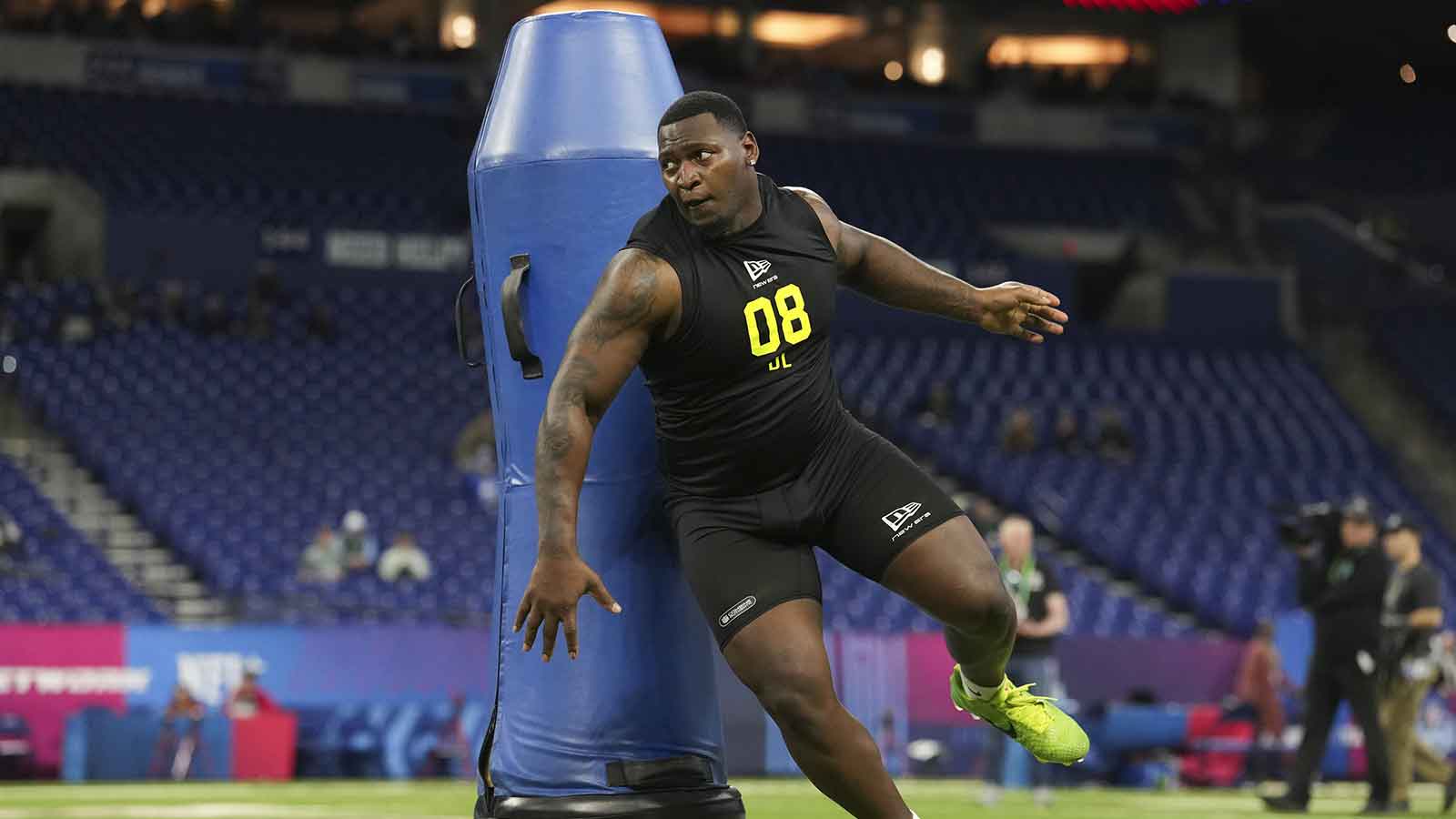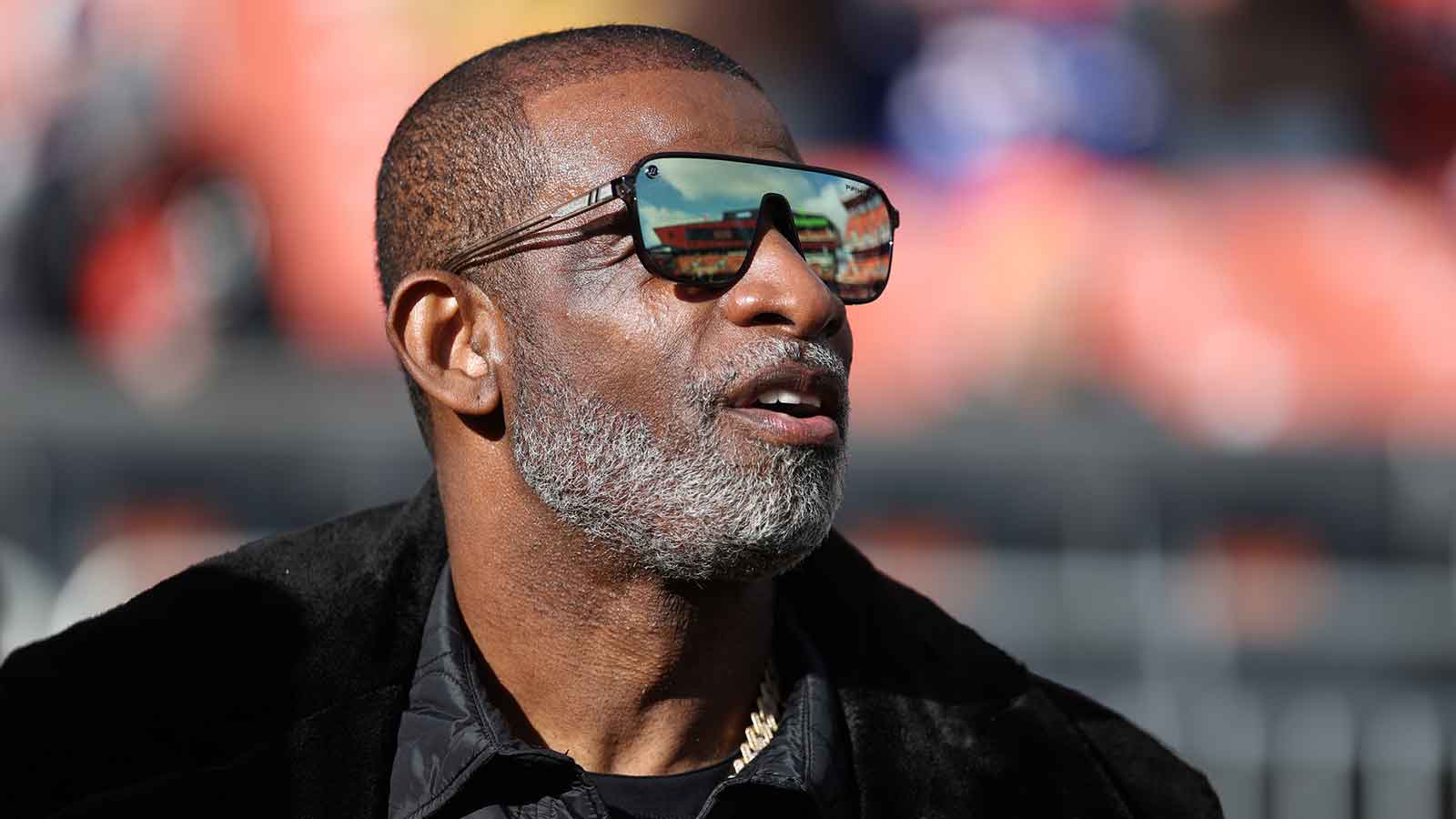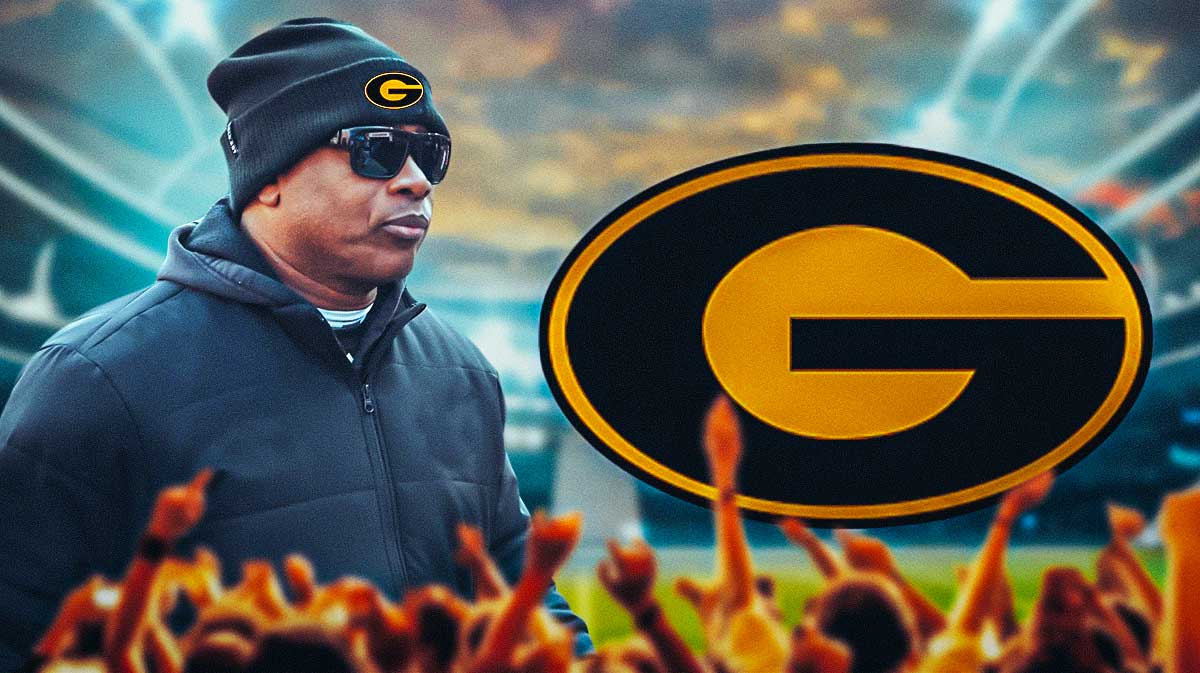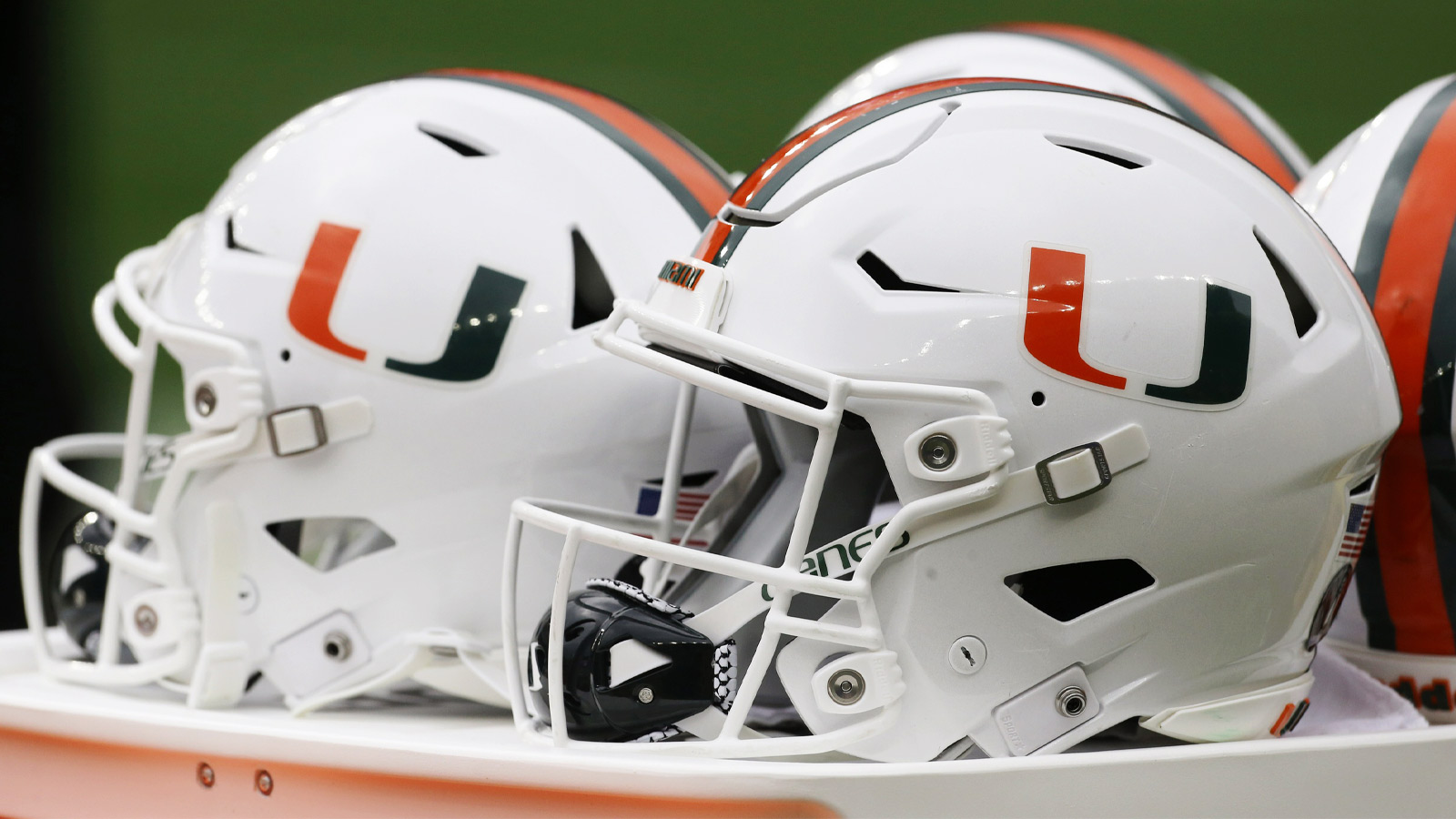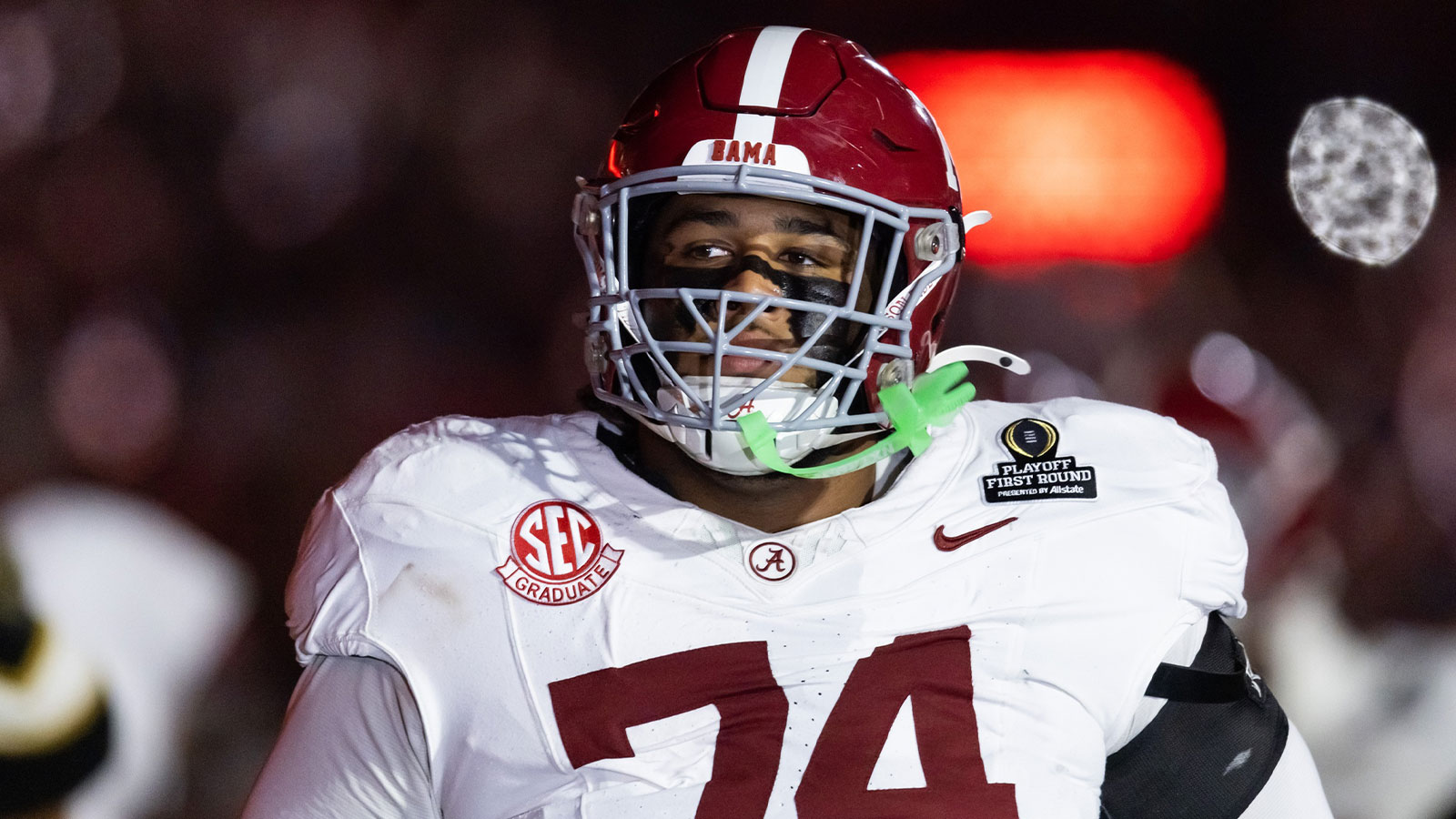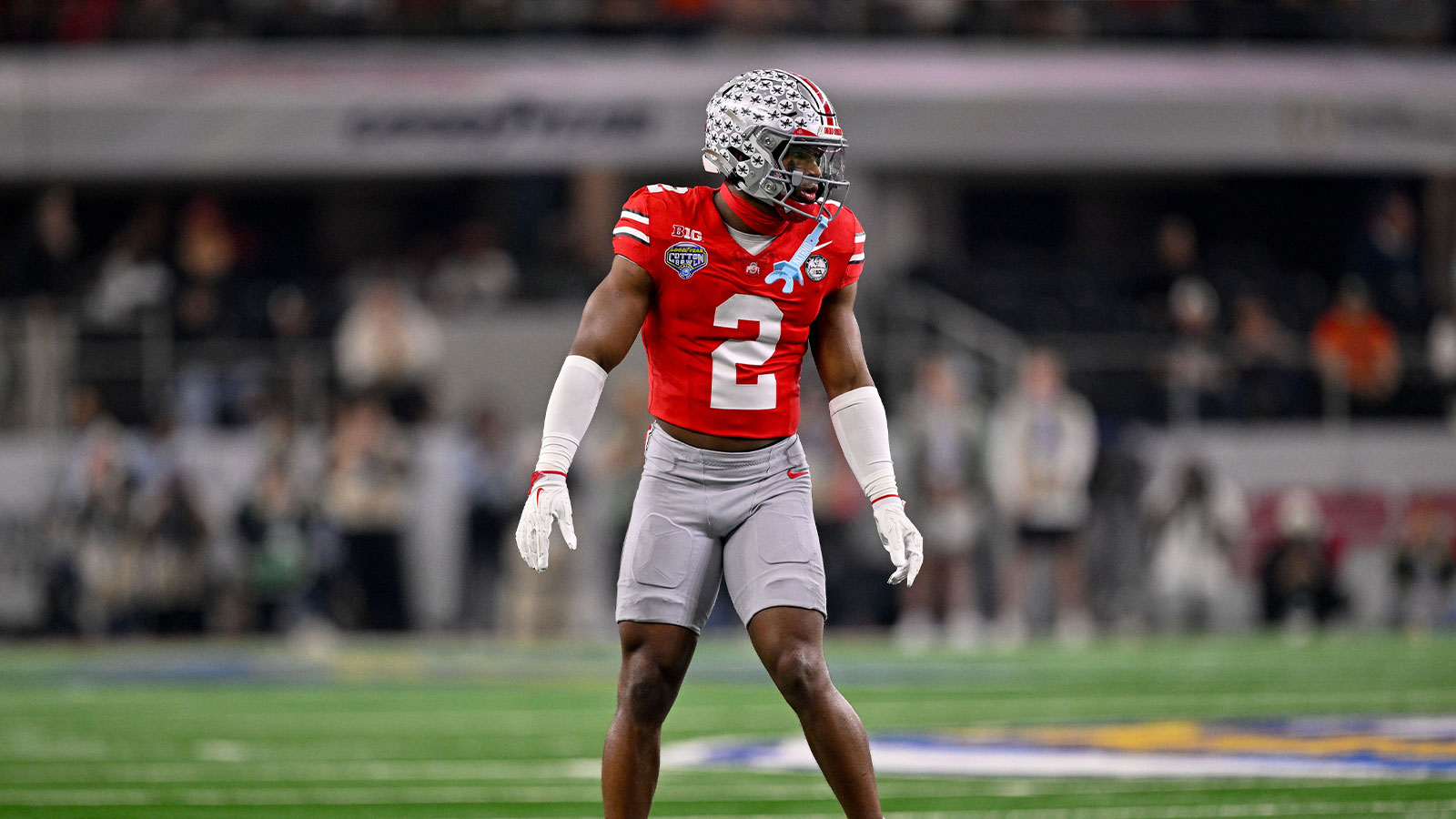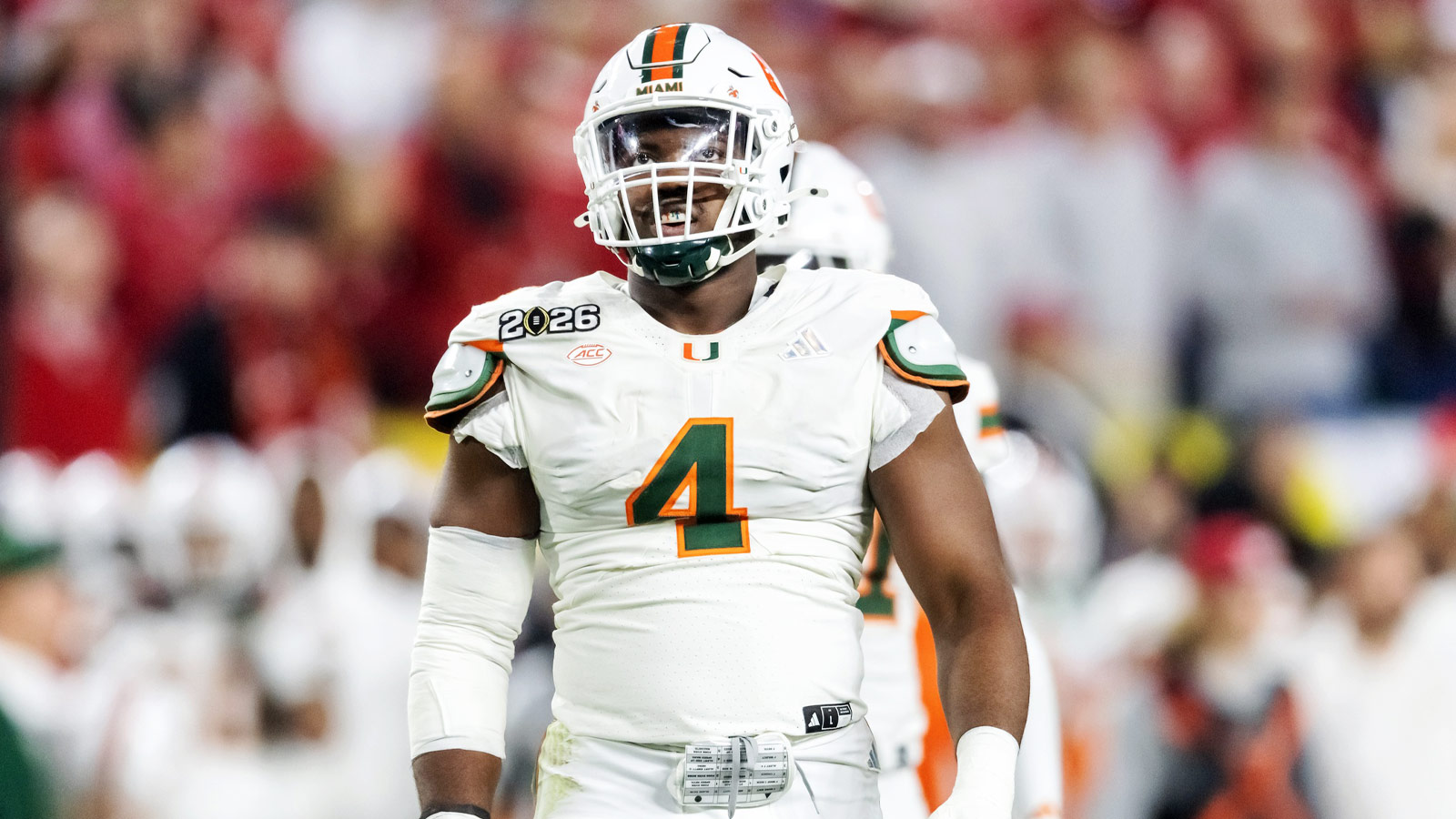Ole Miss football is 6-1 on the year, but is also coming off its first loss of the season. Georgia defeated Ole Miss this past weekend to give the Rebels their first loss of the year. As the team looks to bounce back in Week 9, here is who needs to take the blame for the loss in Week 8.
Ole Miss was dominant for much of the game. The first quarter consisted of just two drives, with Georgia kicking a field goal to open the game, and then Ole Miss answering with a touchdown. The Rebels scored touchdowns on all three of their first-half possessions, and led 21-20 at the end of the first half.
In the third quarter, the Rebels started with the ball and scored again. They converted for touchdowns on both of their first two possessions to lead 35-26 going into the fourth quarter. Still, Georgia scored to start the fourth, making it a two-point game. From there, Ole Miss managed just 13 yards of offense, while Georgia tacked on ten more points and took the 43-35 victory.
Zxavian Harris needed to make the big play
The Ole Miss defense has been solid for almost the entire season. Heading into the game, the team was 24th in the nation in opponent points per game while sitting 34th in opponent yards per game. The pass defense has been stellar, sitting 25th in opponent passing yards per game. Georgia dismantled the Ole Miss defense. The Bullsdogs not only scored 43 points, but also passed for 289 yards and ran the ball for 221 yards.
Zxavian Harris had been one of the most disruptive forces on the defense. He led the team in tackles for a loss heading into the game and was a major part of the run defense from his interior position on the defensive line. He has six tackles in the game with Georgia, including a sack and a tackle for a loss in the run game. Still, he struggled when it mattered most.
In the first touchdown drive in the fourth quarter for Georgia, 40 of the 75 yards covered were on the ground. Further, nine of the 11 plays called were running plays. The next drive was more of the same, with 34 of the 67 yards on the drive being managed through the running game, as six of the nine plays were on the ground. Georgia was not up until the second touchdown, so it was not a situation of running the clock. Georgia was just dominant in running the ball.
That is supposed to be the area where Harris steps up. He was better earlier in the game, but in clutch time, he could not come through with the big play. This allowed Georgia to march down the field and take the win.
Trinidad Chambliss was not clutch
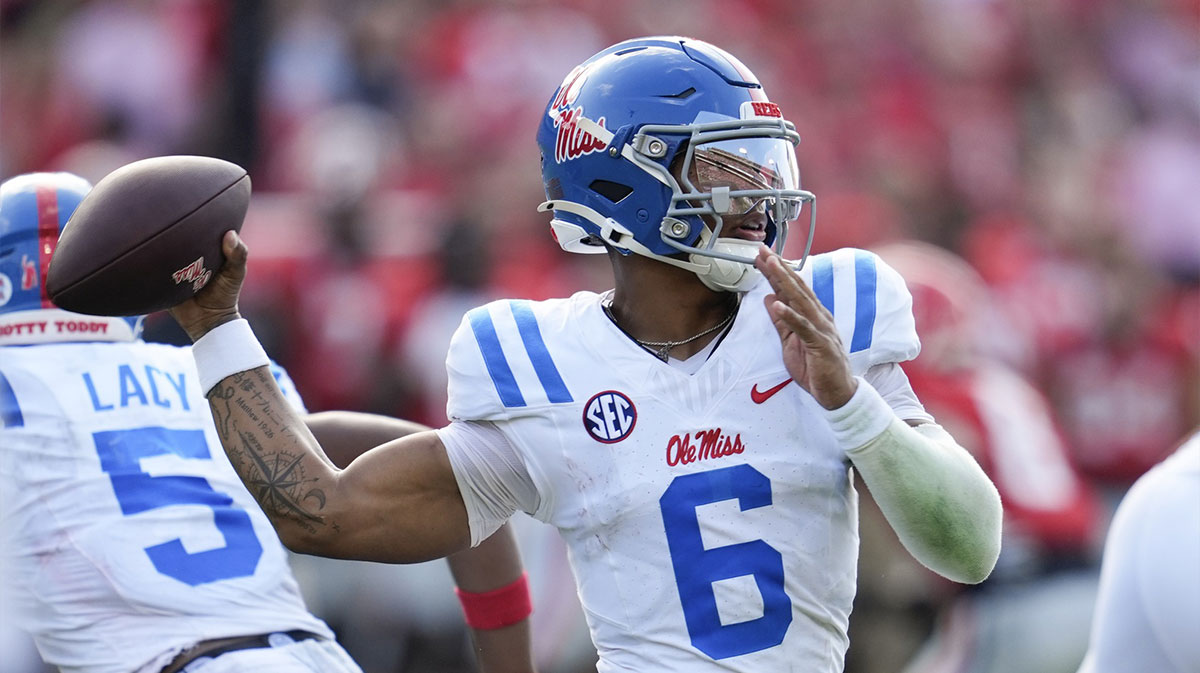
Ole Miss quarterback Trinidad Chambliss had a solid game against Georgia. He passed for 263 yards with a touchdown, and also ran for 42 yards and two scores. In the first three quarters of the game, he was 18-26 for 262 yards and a touchdown. In the fourth quarter, he was just one for 10 for one yard. He also did not have any rushing yards in the fourth quarter.
Before the game, he was 15 for 25 in the fourth quarter for 327 yards and three scores. He had also run for 65 fourth-quarter yards, typically closing games strong. Chambliss did anything but that in the final quarter against Georgia. This performance also gave Georgia plenty of time to get back into the game and then take the lead. Ole Miss had the ball for just 1:55 seconds in the last quarter of play.
Charlie Weis Jr. failed the team
Chambliss should not take all the blame for the fourth quarter offensive woes. Offensive coordinator and playcaller Charlie Weis Jr. also deserves a lot of blame. The play calling on offense for the Rebels in crunch time was dreadful. In the final drive of the third quarter, seven of the last eight plays called were run plays. Ole Miss covered 75 yards on the drive, plus lost five yards on a penalty. Of the 80 other yards, 38 were on the ground, while 42 were through the air.
By that point in the game, the Rebels' offense has been balanced. They had run the ball 23 times for 76 yards and passed 26 times for 262 yards. They had also scored touchdowns on all five possessions of the game. For some reason, Weis decided to throw balance out the window, along with draining the clock. Ole Miss was up two with 12:56 left in the game when they got the ball. A long touchdown drive could have iced the game. Instead, it was three passes, all incomplete, and just 19 seconds run off the clock.
The Rebels then got the ball back down five with 7:29 left in the game. A long touchdown drive would put them in a prime position to win the game, being up at least one point, and possibly three with a touchdown and two-point conversion. They called three passes, earning one yard and burning just 57 seconds off the clock.
The final drive of the game started with two minutes left in the game, and Ole Miss needed a touchdown plus a two-point conversion to tie the game. They also did not have any time-outs left, and the clock would only stop for incompletions, going out of bounds, or as the chains reset for a first down. That is when Weis decided to run the ball for the first time, and Kewan Lacy ran for 12 yards. It was then four straight incomplete passes, and Ole Miss lost the game.
The play-calling decision to completely abandon the run until it was too late was baffling. Lane Kiffin could have stepped in, and may have. If he did, he deserves blame as well, because the final three drives of play calls cost Ole Miss the win over Georgia, and in the process, ended their chance for an undefeated season.

